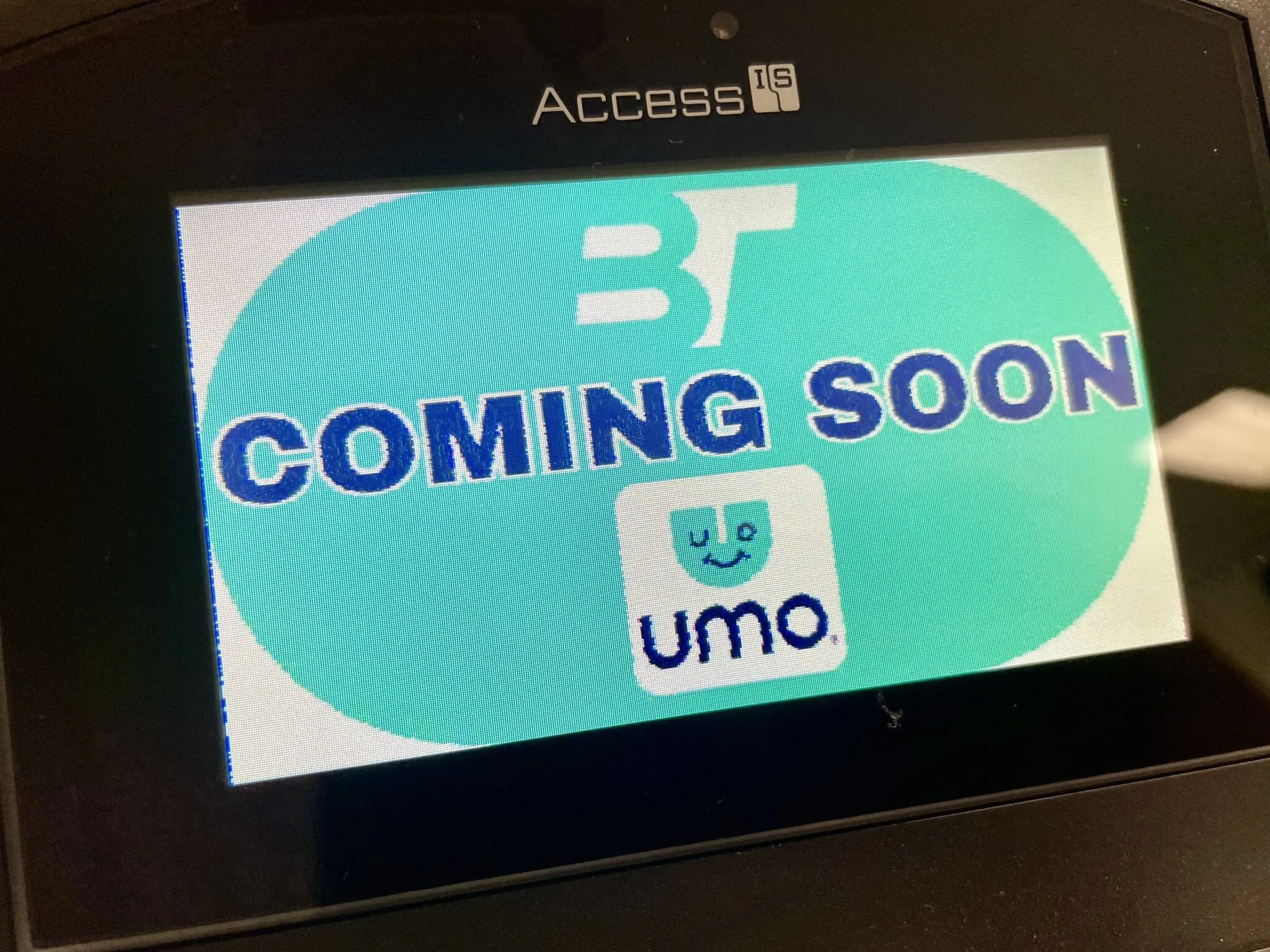The South African National Roads Agency (SANRAL) reached a major milestone when it switched on the automated payment option at several of its toll plazas, meaning that road users with electronic tags no longer have to stop to pay tolls manually with cash or credit cards.
Automated payment is carried out automatically through a tag fitted to the vehicle to identify the account holder, debit their toll account with the appropriate toll fees and automatically open the toll boom, without the need to stop and
December 11, 2015
Read time: 1 min
The South African National Roads Agency (2161 SANRAL) reached a major milestone when it switched on the automated payment option at several of its toll plazas, meaning that road users with electronic tags no longer have to stop to pay tolls manually with cash or credit cards.
Automated payment is carried out automatically through a tag fitted to the vehicle to identify the account holder, debit their toll account with the appropriate toll fees and automatically open the toll boom, without the need to stop and pay manually.
“We have become one of very few countries in the world with a fully interoperable electronic toll collection system with central transaction clearing, says Vusi Mona, communications manager of SANRAL.
Automated payment is carried out automatically through a tag fitted to the vehicle to identify the account holder, debit their toll account with the appropriate toll fees and automatically open the toll boom, without the need to stop and pay manually.
“We have become one of very few countries in the world with a fully interoperable electronic toll collection system with central transaction clearing, says Vusi Mona, communications manager of SANRAL.









